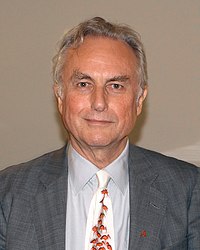
Secular humanism is a philosophy, belief system, or life stance that embraces human reason, logic, secular ethics, and philosophical naturalism, while specifically rejecting religious dogma, supernaturalism, and superstition as the basis of morality and decision-making.
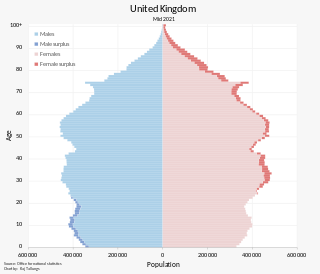
The population of the United Kingdom was estimated at almost 67.6 million people in 2022. It is the 21st most populated country in the world and has a population density of 279 people per square kilometre, with England having significantly greater density than Wales, Scotland, and Northern Ireland. Almost a third of the population lives in south east England, which is predominantly urban and suburban, with about 9 million in the capital city, London, whose population density is just over 5,200 per square kilometre.

Humanists UK, known from 1967 until May 2017 as the British Humanist Association (BHA), is a charitable organisation which promotes secular humanism and aims to represent "people who seek to live good lives without religious or superstitious beliefs" in the United Kingdom by campaigning on issues relating to humanism, secularism, and human rights. It seeks to act as a representative body for non-religious people in the UK.
Laws prohibiting blasphemy and blasphemous libel in the United Kingdom date back to the medieval times as common law and in some special cases as enacted legislation. The common law offences of blasphemy and blasphemous libel were formally abolished in England and Wales in 2008 and Scotland in 2024. Equivalent laws remain in Northern Ireland.

British society is primarily irreligious. The nation is one of the most secularised in the world surveys determining religious beliefs of the population find that agnosticism, nontheism, atheism, secular humanism, and non-affiliation are views shared by a majority of Britons. Historically, it was dominated for over 1,400 years by various forms of Christianity, which replaced preceding Romano-British religions, including Celtic and Anglo-Saxon paganism. Religious affiliations of United Kingdom citizens are recorded by regular surveys, the four major ones being the national decennial census, the Labour Force Survey, the British Social Attitudes survey and the European Social Survey.

Hinduism is the third-largest religious group in the United Kingdom, after Christianity and Islam; the religion is followed by over one million people representing around 1.6% of the total population. According to the 2021 United Kingdom census Hindus are primarily concentrated in England, particularly in Greater London and the South East, with just under 50,000 Hindus residing in the three other nations of the United Kingdom. Hindus have had a presence in the United Kingdom since the early 19th century, as at the time India was part of the British Empire. Many Indians in the British Indian Army settled in the United Kingdom of Great Britain and Northern Ireland.

The demography of London is analysed by the Office for National Statistics and data is produced for each of the Greater London wards, the City of London and the 32 London boroughs, the Inner London and Outer London statistical sub-regions, each of the Parliamentary constituencies in London, and for all of Greater London as a whole. Additionally, data is produced for the Greater London Urban Area. Statistical information is produced about the size and geographical breakdown of the population, the number of people entering and leaving country and the number of people in each demographic subgroup. The total population of London as of 2021 is 8,799,800.
Christianity is the largest religion in Northern Ireland. In the 2021 census, 79.7% of the Northern Irish population identified as Christians: Catholic (42.3%); Presbyterian (16.6%); Church of Ireland (11.5%); Methodist (2.4%); Other Christian (6.9%). Meanwhile, 1.3% of the population belonged to other religions, 17.4% stated they were non-religious and 1.5% did not state a religious or non-religious identity. The Catholic Church has seen a small growth in adherents, while the other recorded Christian groups have seen a small decrease.
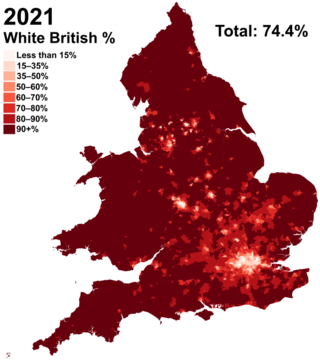
White British is an ethnicity classification used for the indigenous White population identifying as English, Scottish, Welsh, Cornish, Northern Irish, or British in the United Kingdom Census. In the 2011 census, the White British population was 49,997,686, 81.5% of Great Britain's total population. For the United Kingdom entirely, due to different reporting measures within Northern Ireland which includes all those who identified as British with those who identified as Irish, an amalgamated total of 52,320,080 including those who identified as White Irish in Great Britain is given making up 82.8% of the population.
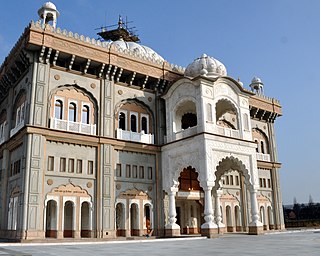
British Sikhs number over 535,000 people and account for 0.8% of the British population as of 2021, forming the United Kingdom's fourth-largest religious group. According to the 2021 United Kingdom census, British Sikhs numbered 535,517, with 520,092 in England, 10,988 in Scotland, 4,048 in Wales, and 389 in Northern Ireland. The largest Sikh populations in the United Kingdom are in the West Midlands and Greater London.

Religion in Wales has, over the years, become increasingly diverse. Christianity was the religion of virtually all of the Welsh population until the late 20th century, but it has rapidly declined throughout the early 21st century. Today a plurality (46.5%) of people in Wales follow no religion at all.

Buddhism in the United Kingdom is the fifth-largest religious group in the United Kingdom. The 2021 United Kingdom census recorded just under 290,000 Buddhists, or about 0.4% of the total population, with the largest number of Buddhists residing in Greater London and South East England. According to a Buddhist organisation, the growth of Buddhism in the United Kingdom is mainly a result of conversions.

Atheism, agnosticism, scepticism, freethought, secular humanism or general irreligion are increasing in Australia. Post-war Australia has become a highly secularised country. Religion does not play a major role in the lives of much of the population.
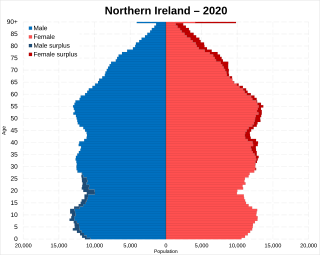
Northern Ireland is the smallest of the four components of the United Kingdom in terms of both area and population, containing 2.9% of the total population and 5.7% of the total area of the United Kingdom. It is the smaller of the two political entities on the island of Ireland by area and population, the other being the Republic of Ireland. Northern Ireland contains 27.1% of the total population and 16.75% of the total area of the island of Ireland.
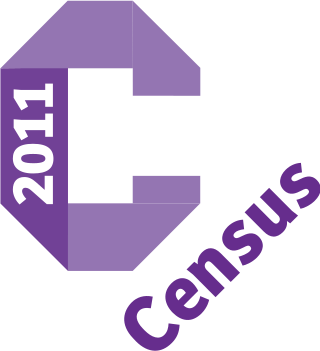
A census of the population of the United Kingdom is taken every ten years. The 2011 census was held in all counties of the UK on 27 March 2011. It was the first UK census which could be completed online via the Internet. The Office for National Statistics (ONS) is responsible for the census in England and Wales, the General Register Office for Scotland (GROS) is responsible for the census in Scotland, and the Northern Ireland Statistics and Research Agency (NISRA) is responsible for the census in Northern Ireland.
The arrival of Sikhism in Wales is relatively recent. As of the 2021 United Kingdom census there were 4,048 Sikhs in the country representing 0.1% of the population.

The Rationalist Association, originally the Rationalist Press Association, is an organization in the United Kingdom, founded in 1885 by a group of freethinkers who were unhappy with the increasingly political and decreasingly intellectual tenor of the British secularist movement. The purpose of the Rationalist Press Association was to publish literature that was too anti-religious to be handled by mainstream publishers and booksellers. The Rationalist Press Association changed its name to "The Rationalist Association" in 2002.

The 2021 United Kingdom census is the 23rd official census of the United Kingdom. Beginning in 1801, they have been recorded every 10 years. The 2021 censuses of England, Wales, and Northern Ireland took place on 21 March 2021, and the census of Scotland took place 364 days later on 20 March 2022. The censuses were administered by the Office for National Statistics (ONS) in England and Wales, by the Northern Ireland Statistics and Research Agency (NISRA) in Northern Ireland, and by the National Records of Scotland in Scotland. These were the first British censuses for which most of the data was gathered online. Two of them went ahead despite the COVID-19 pandemic, in part because the information obtained would assist government and public understanding of the pandemic's impact. The census-taking in Scotland was postponed, and took place in 2022 because of the pandemic.
Irreligion in Wales or non-religion in Wales has become the most dominant religious identity in Wales in the 21st century, following rapid social secularisation in Welsh society.
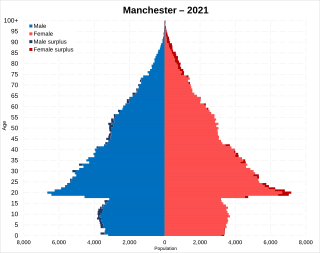
Manchester is a populous city in the North West of England. Its total population as of 2021 is 551,938.

